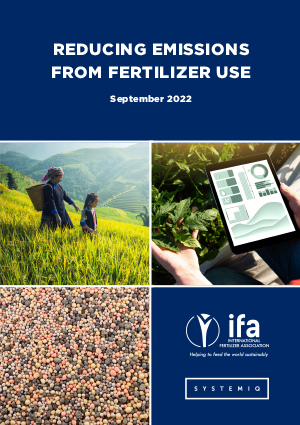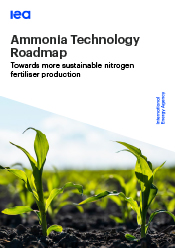Climate Change
key priorities
Reducing agriculture’s carbon footprint while ensuring global food security is a critical challenge that mobilizes a range of stakeholders given the complexity of the issue.
The fertilizer industry and other parts of the private sector, UN Agencies, national governments, civil society and non-governmental organizations all have a role to play.
The fertilizer industry is committed to playing its part in curbing global greenhouse gas (GHG) emissions below 1.5o C, the goal of the 2015 Paris Agreement.
The industry recognizes that an efficient transition to economy-wide, net-zero emissions is the only way to limit global warming. While some companies have already committed to net-zero, others are developing strategies for lower-carbon pathways.
On production sites, significant progress has already been achieved in the last 30 years thanks to the adoption of best available technologies. Now academic institutions, research and development centers and a number of IFA members are working on technologies to produce ammonia from sustainable, carbon-neutral inputs. Industry-driven, measurable efforts to reduce carbon footprint are also happening in the fertilizer transport and supply chain down to the farm level, as part of a comprehensive global engagement to decarbonize the entire food supply chain.


